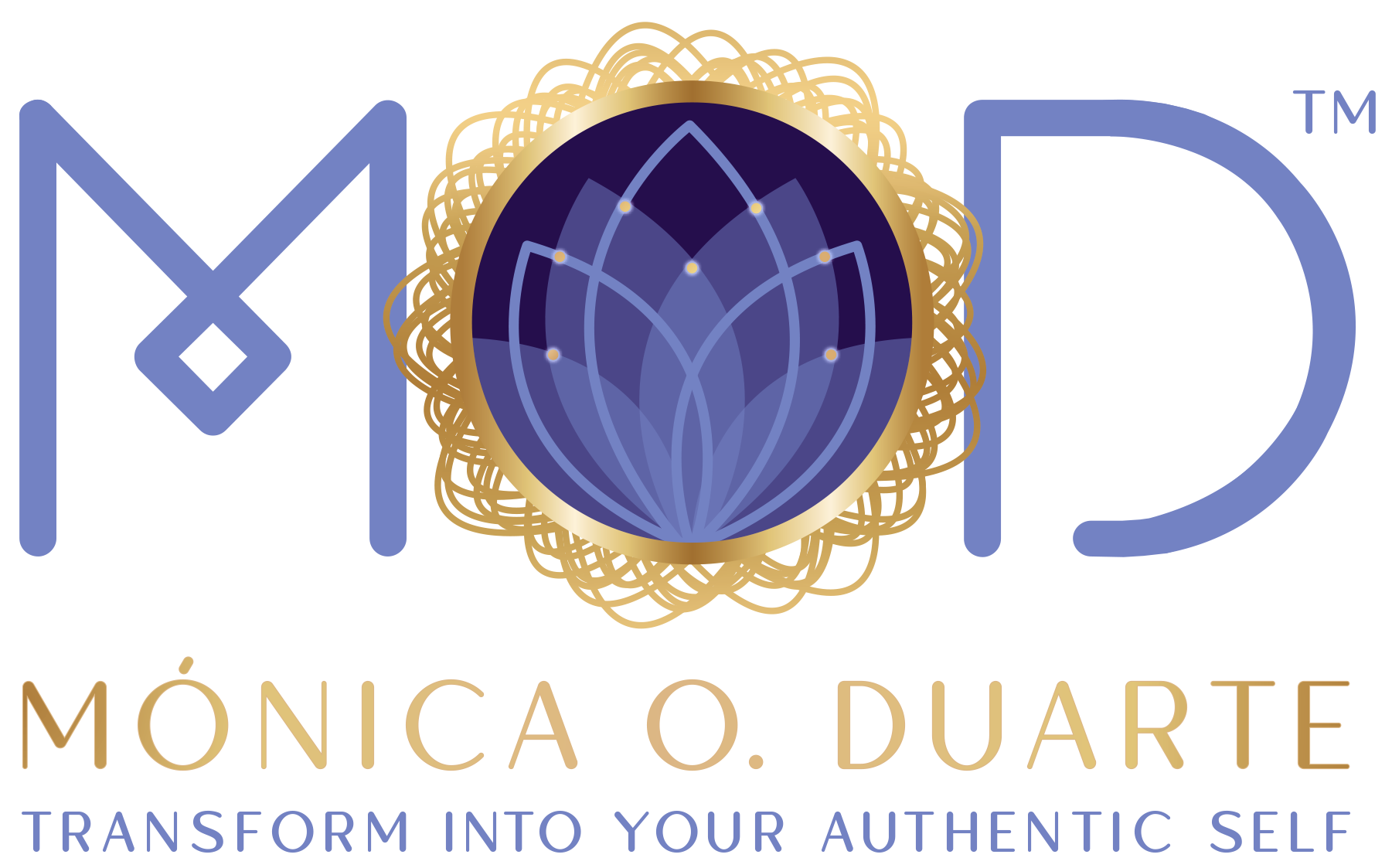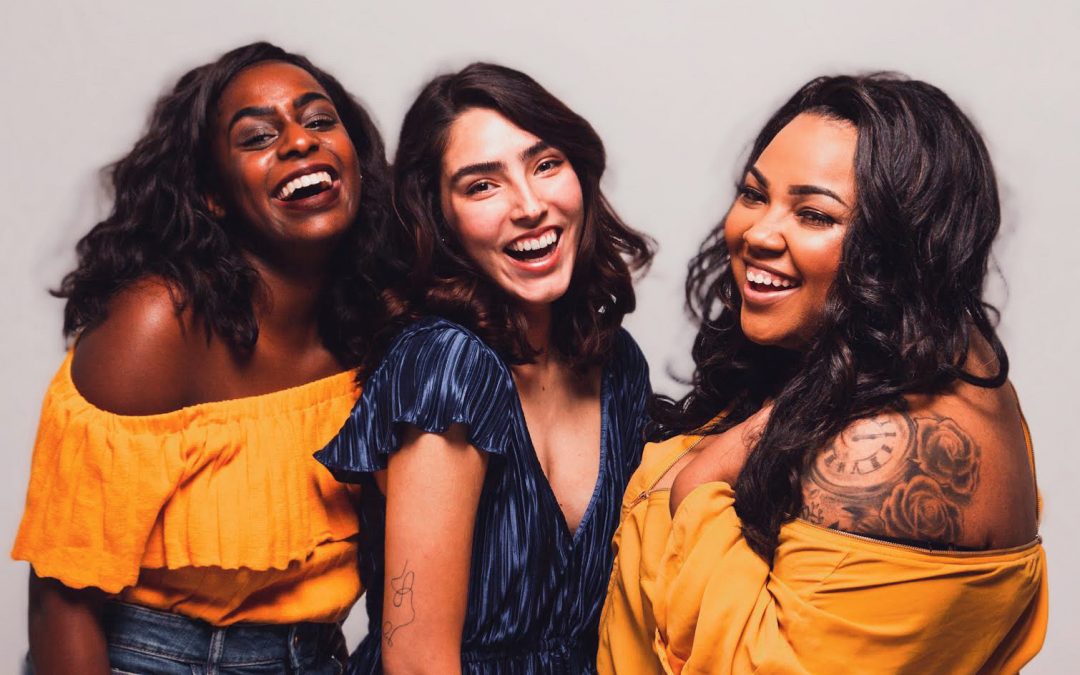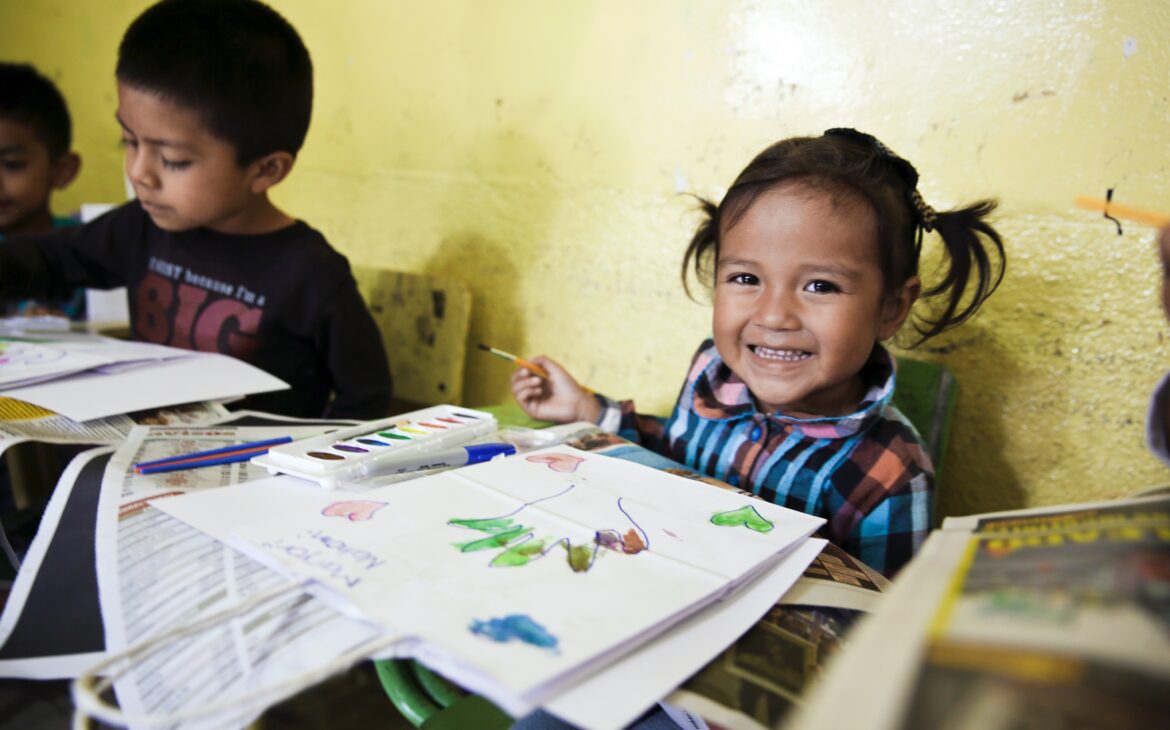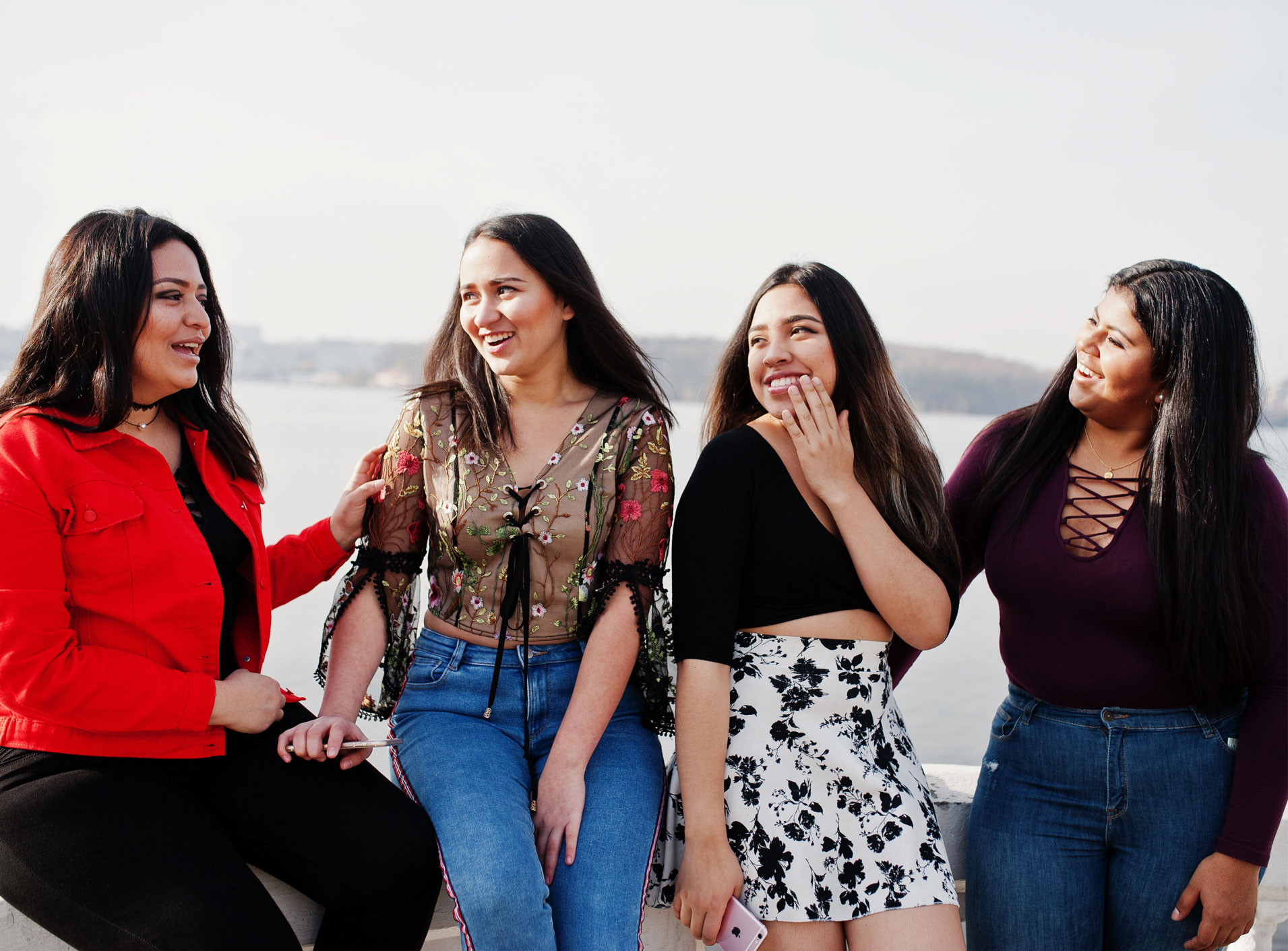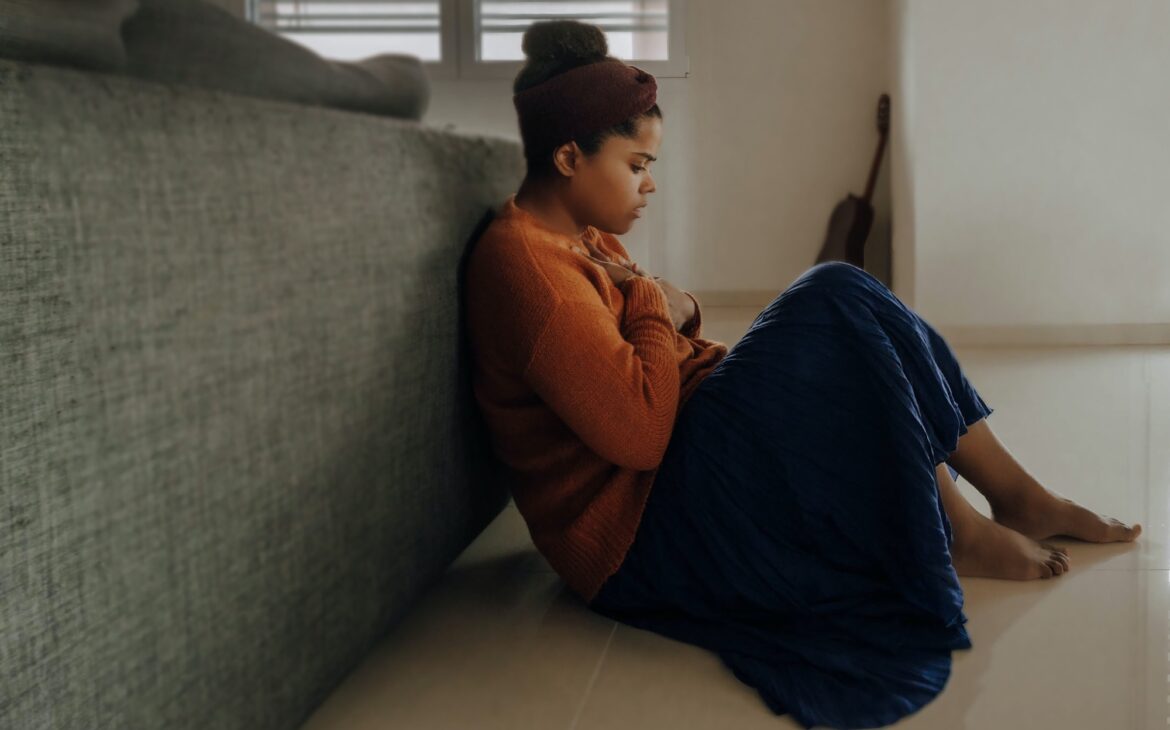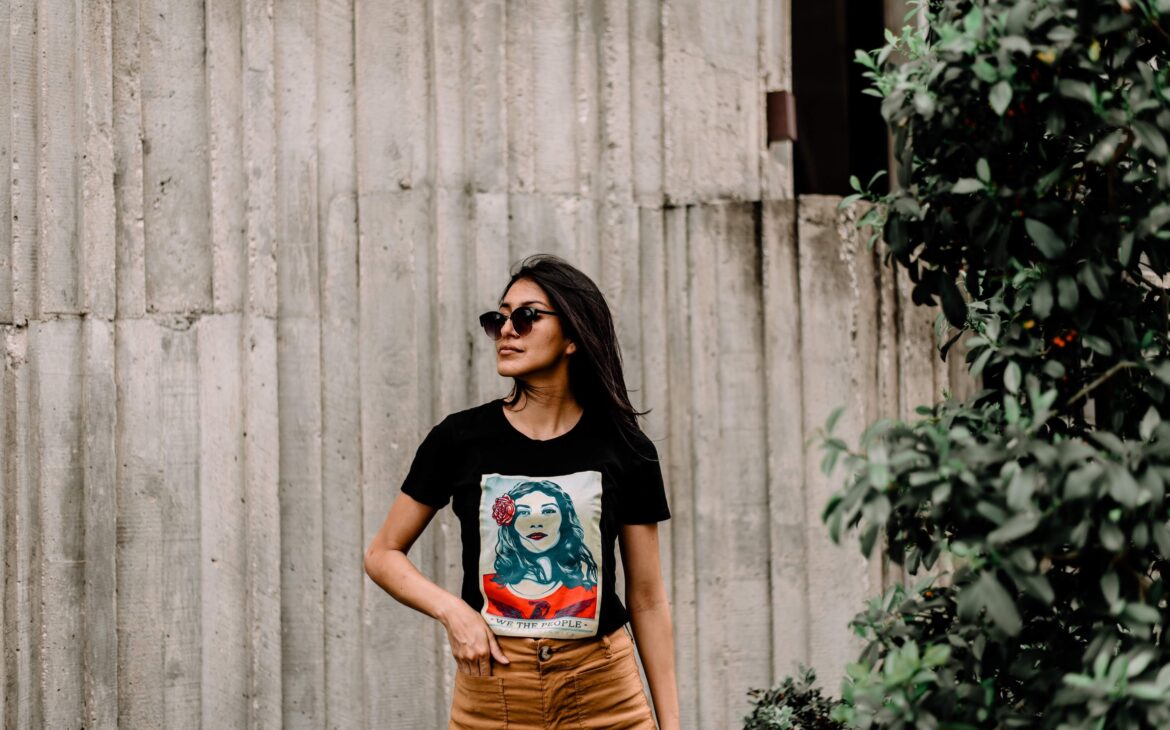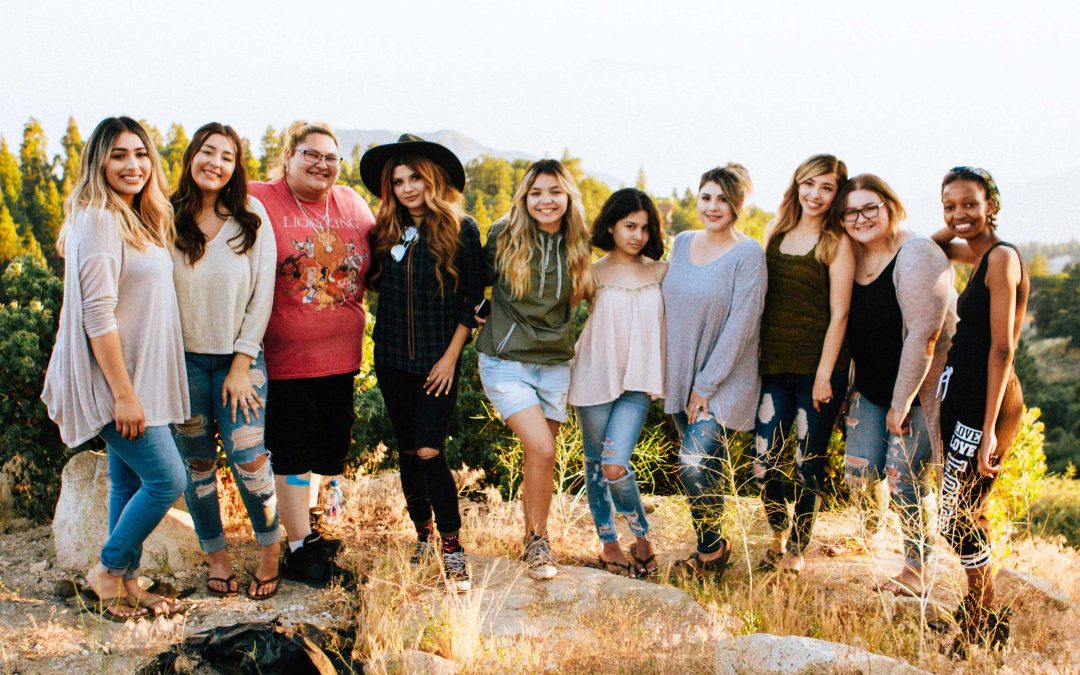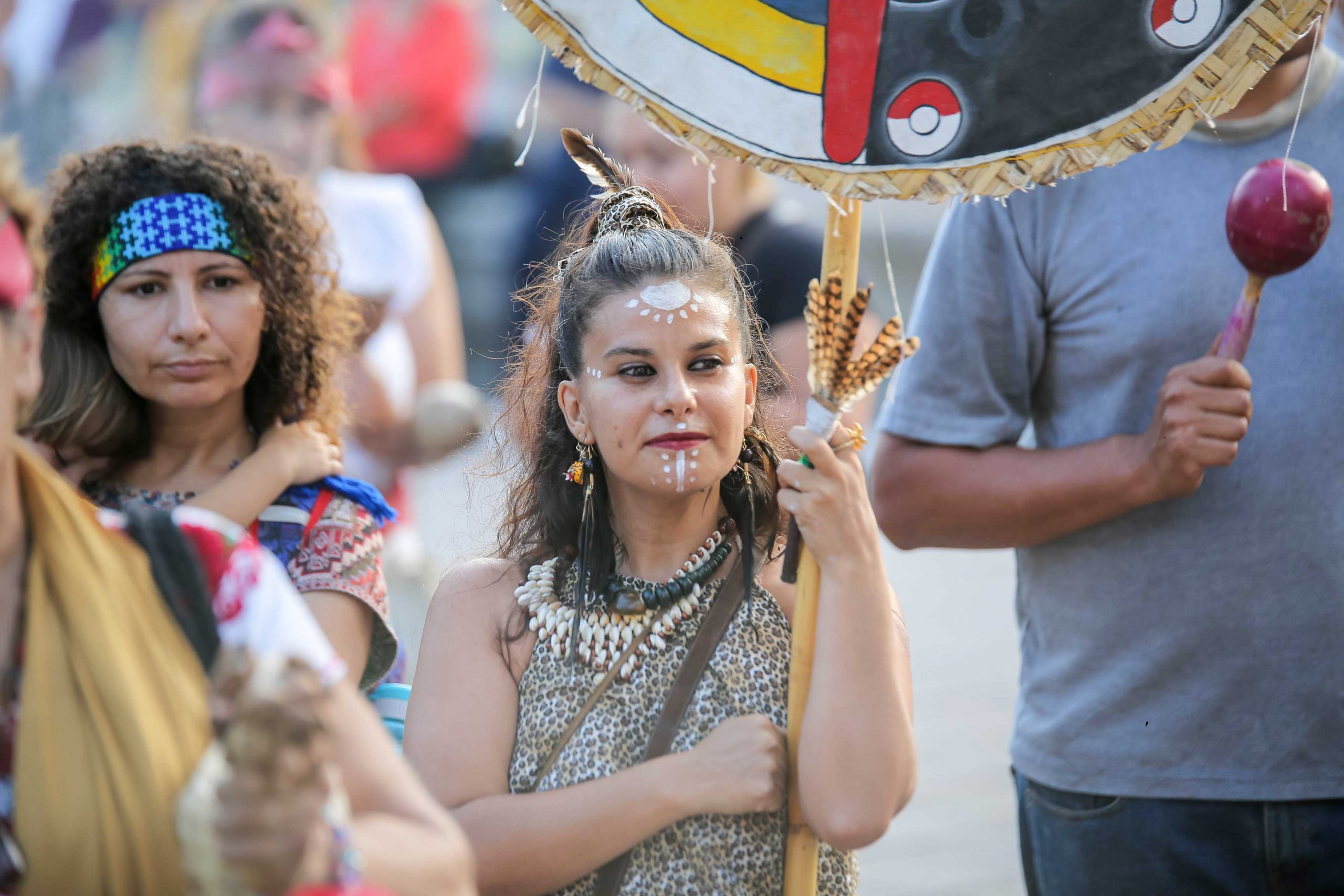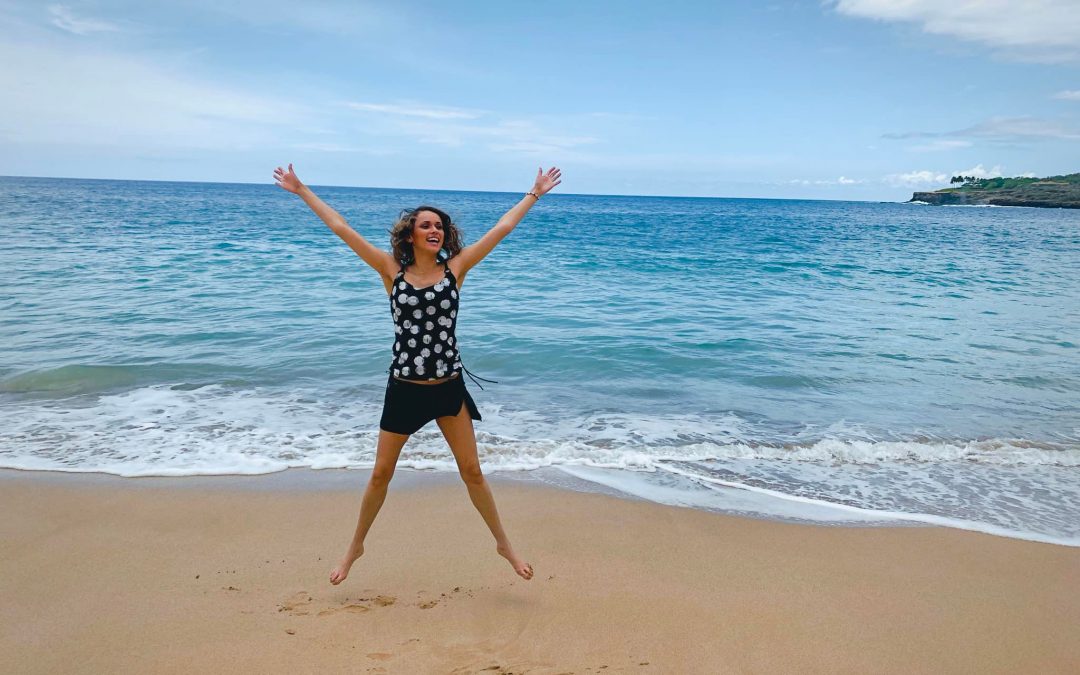
6 Essential Self-Care Tips for Latinas to Cultivate Personal Connection
Self-Care in the Latino Culture
You’ll be surprised to hear that in 2023 self-care remains a taboo subject in the Latino culture. We’re so used to pushing through life that we don’t have or create time to take care of ourselves and our well-being.
Our culture is around la familia for many of us. As Latinas, we are used to sacrificing our needs for others. When we don’t, we are called selfish even when – in reality – the person who is asking us to sacrifice our needs is being selfish themselves. There’s a natural fear of being labeled selfish by our family for wanting to take care of ourselves because of this.
Many of us don’t realize that when your life evolves around others all the time, it’s easy to lose your sense of self! Our natural evolution as humans is to develop a strong sense of self. This strong sense of self helps us feel confident, secure in ourselves, and safe navigating the uncertainty in the world no matter what challenges life throws at us.
If we had the “perfect” parents, this would happen during childhood. Our parents would teach us how to care for ourselves by how they take care of us and show up for us. They would teach us how to make sense of our feelings, how to make sense of the world, how to value ourselves, how to set boundaries, and how to voice our needs, just to name a few behaviors. Yet, in the Latino culture, our childhoods are often centered around survival and our parents’ needs, so we learn to ignore ours from a young age. This prevents us from creating a true sense of self and learning to care for ourselves.
The reality is that there’s nothing wrong with taking care of yourself. It’s part of being human. When you take care of yourself, you can better show up for yourself and others. When you set time for self-care, you’ll also begin to discover who you are and find the path to healing. Below are six easy ways you can begin a self-care journey. These are the same practices I did – and still do – in my healing journey.
1. Meditation
Meditation is learning how to be more mindful, self-aware, calm, and at peace with yourself. There are different types of meditation. In some practices, you learn how to “empty” your mind from all the inner chatter and be more present in the moment. You’re not focused on the past or the future but on the now.
Other meditation styles are guided, and you visualize in your mind as a way to bring more awareness and calmness into your life. Other meditation approaches focus on the breath and using your breathing to help you ground yourself in the now. In some styles of meditation, you keep your eyes closed, and in others, you keep your eyes open.
No matter what form you choose, they all have the same goal: to help you learn how to become more self-aware and in touch with yourself. You’ll start to notice the thoughts you experience more, the sensations in your body, and what state of mind you’re in; which all can be helpful in your self-care journey.
2. Connecting with Nature
“There is mounting evidence, from dozens and dozens of researchers, that nature has benefits for both physical and psychological human wellbeing,” says Lisa Nisbet, Ph.D., a psychologist at Trent University in Ontario, Canada, who studies connectedness to nature.
The earth is a living being, and just like we have a nervous system, so does she! When you’re out in nature, you’re regulating your nervous system with hers. This is one of the reasons nature heals the soul and helps to ground us. Being in nature also helps you be in the present, which is vital not only for self-care but also to help with your personal connection.
Many of us Latinas also have Indigenous roots. Our Indigenous ancestors lived connected to the earth. Our Indigenous ancestors have done this for thousands of years! We’re doing what’s natural for us.
3. Massage Therapy
Massage therapy is another way to take care of yourself. We often neglect to take care of our bodies even though they are constantly working hard to keep us alive. What you may not know is that stress and trauma build up in the body. This means our bodies remember what happened to them from years ago. Imagine being a body and carrying the burdens of the past, year after year. You would get deeply exhausted after a while!
Massage therapy can be a supportive ally to help your body heal distress and let go of past pain. I have experience working in the spa industry. I can’t tell how many people leave after a massage crying because of how healing the experience was for them physically, spiritually, and emotionally.
There are different styles of massage out there. For example, there’s the gentle Swedish style to deep tissue or lymphatic massage that drains built-up fluids in your body, especially useful after a traumatic physical event. Massage can also help you experience deep relaxation, which is a cornerstone of self-care and connecting with yourself. You can always start with a Swedish massage and then test out other styles until you find the right one for you.
4. Creative Expression
Whether through dancing, painting, singing, writing, or any other type of art – expressing yourself is a powerful tool to support your self-care. Humans are creative beings, and it’s natural for us to want to express ourselves. You can use creativity to describe the most challenging feelings or experiences as a way to heal from them too!
I grew up around domestic violence in my home. At the age of seven, I used dance and singing to express all the uneasy feelings from being stuck in a home that only caused stress, confusion, and frustration in my life. In time, I started to perform, and then teach dance classes to kids. Watching these little ones use dance to express themselves and build confidence was rewarding for me! I used creativity to transform something painful in my life into something empowering that I could also share with others. This is the power of creative expression. The act of creative expression can help you make sense of feelings and thoughts.
5. Therapy and Coaching
Therapy and coaching are some of the most supportive allies for self-care and will help you connect with yourself. Sadly in our culture, they’re seen as something only crazy people do.
The reality is that therapy is something healthy people do because we all have experienced trauma. Healthy people acknowledge their trauma and do the work to heal from it. Trauma controls you if you choose not to heal from it. Healing from trauma helps you to take back your power, and this is healthy. You can use a resource like Psychology Today to find the right therapist.
Coaching can be supportive of your therapy journey because you can use it to help you develop life skills to navigate your life and reach your goals. As a Professional Goal Coach myself, I wish I had coaching when I was in college and even younger. My life was like many in our community, and I had to figure out how to navigate the world on my own. I would have been able to think about my goals more clearly if I had a coach earlier in my life. You can use a resource like International Coaching Federation to help you find a credentialed coach to support you in any area of your life.
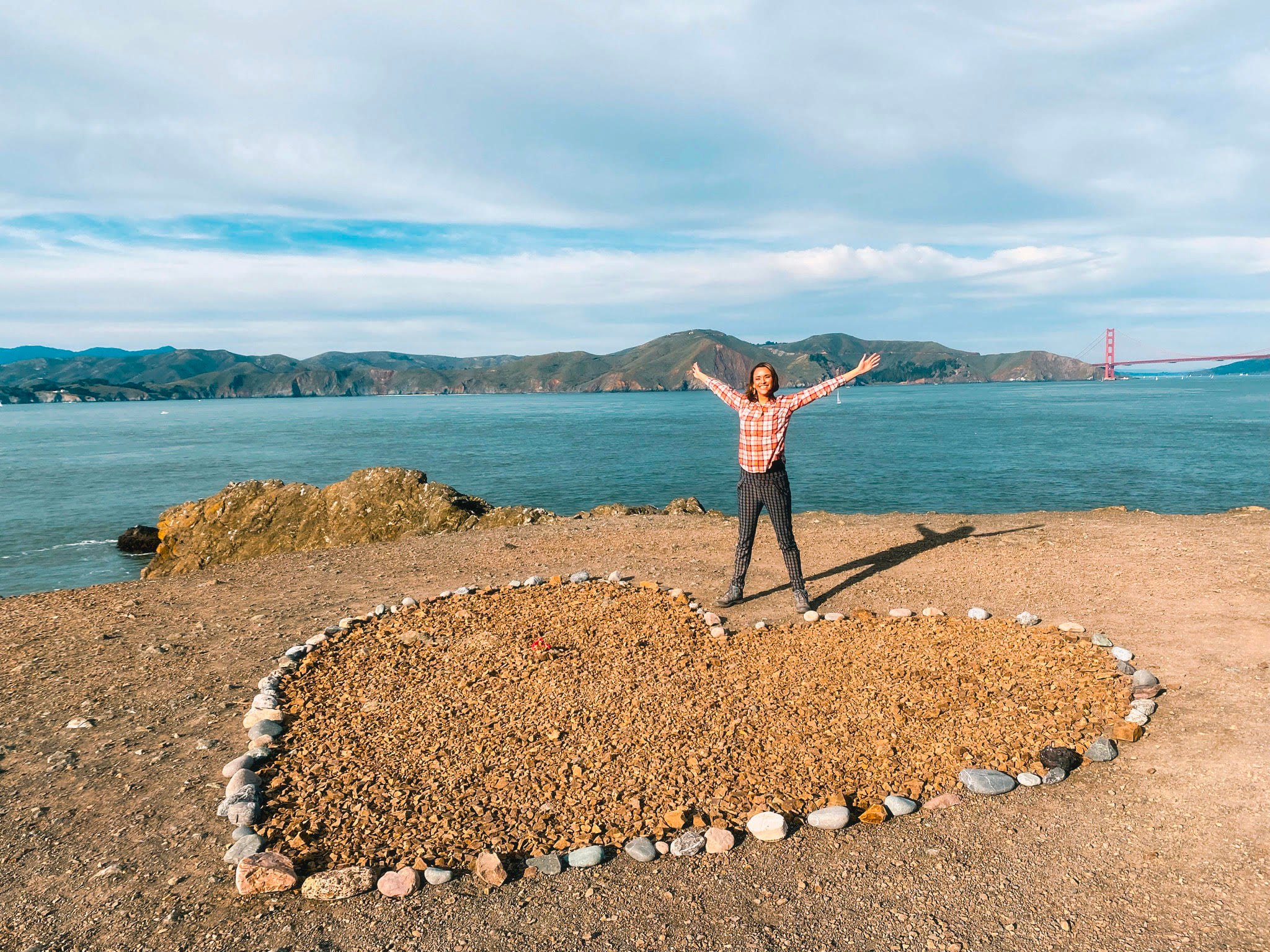
6. Spending Time Alone
Being alone can be frightening for most of us, especially for Latinas raised to stay close to their families. Yet it’s through spending time by yourself that you’ll begin to learn who you are and connect with yourself more. When I started my healing journey many years ago, this was one of the first things I started to do. I ate at restaurants, went to the park, attended events, and traveled by myself. I started doing everything I could think of to help me get over my fear of being alone. The more I did this the more I began to learn different things about myself that I didn’t know before! It was refreshing to realize that I didn’t have to live my life centered around someone else for once.
I invite you to select one of these six self-care tips and try it out for a few weeks. Notice how you feel before you start doing it and after. You’ll be surprised by the transformation that can occur in your life just by caring for yourself.
Article originally published in Epifania Magazine on June 21, 2023
